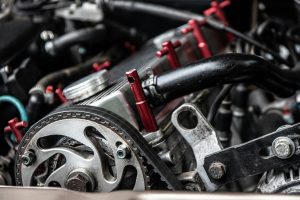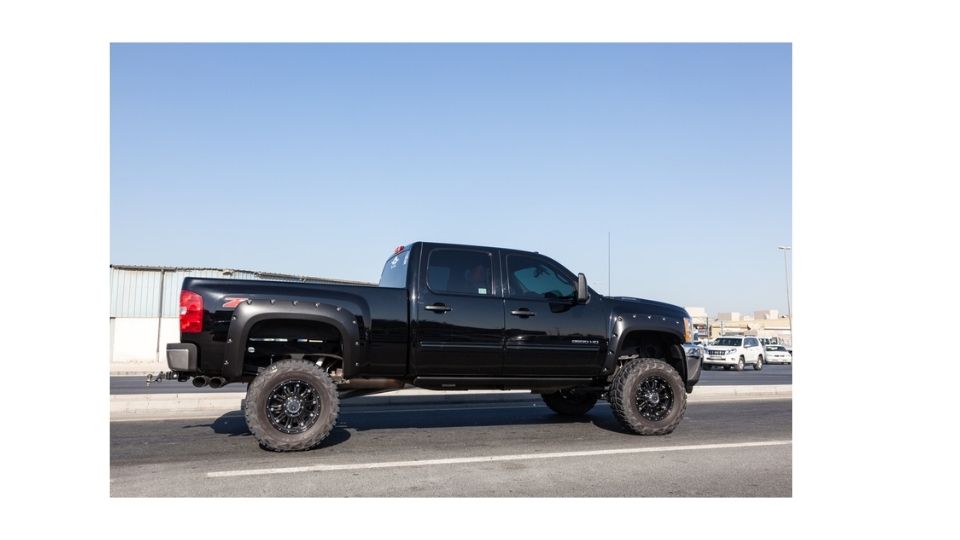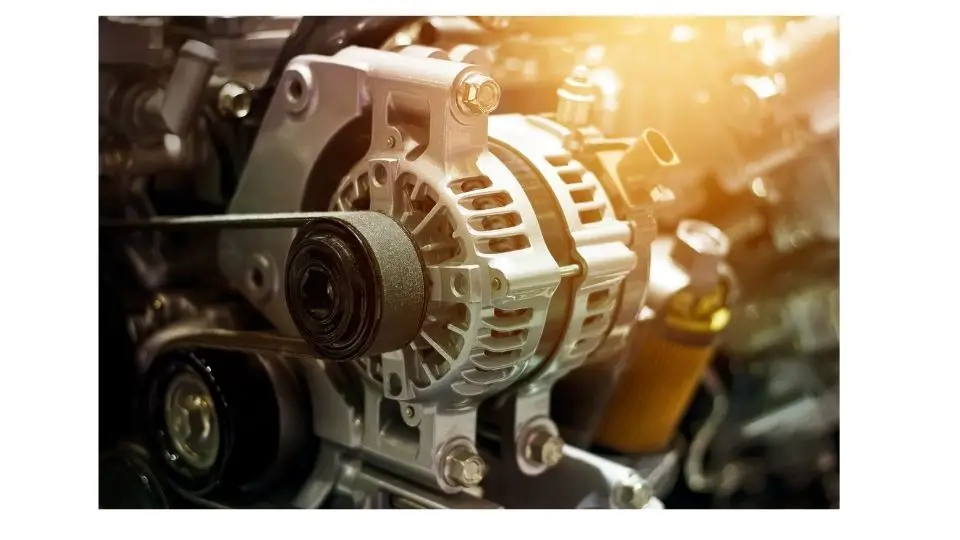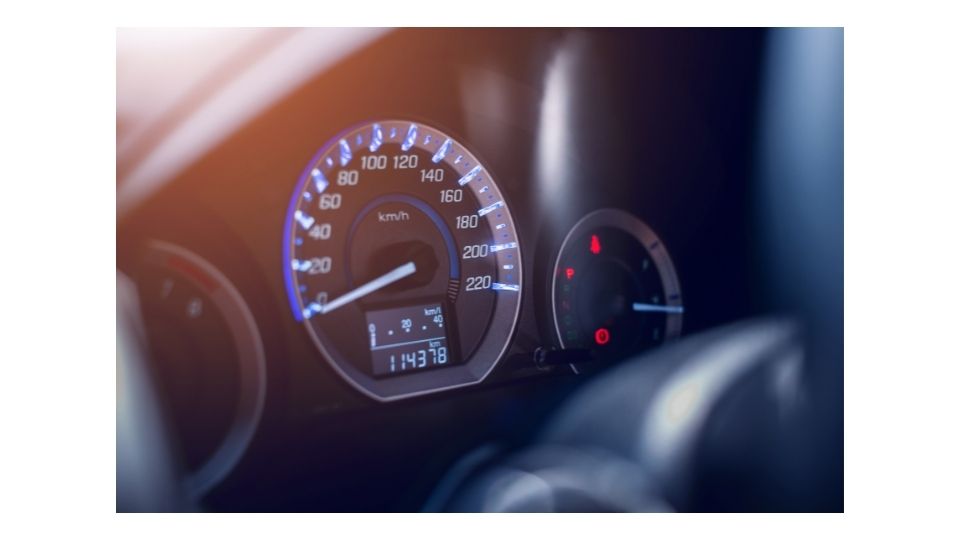In this post, I’m going to explore the issues frequently encountered with the 4.8L Vortec engine and offer guidance on how to properly address them.
While the Vortec series engines are often hailed as among the best ever produced and are considered to be very reliable engines, the 4.8L variant, despite its merits, comes with its share of mechanical quirks.
In short, the most common complications associated with the 4.8L Vortec engine include high oil consumption, inconsistent oil pressure, a troublesome knock sensor, water pump failures, leaks from the intake manifold gasket, and fuel pump malfunctions.
Before getting into the common problems of the 4.8L Vortec and how to address them, let’s showcase the reliability of the engine as a whole and what owners have to say about it.

Is the 4.8L Vortec Engine Reliable?
According to research and owners’ feedback, the new 4.8L vortec engines are known to be extremely reliable and can last 200,000 – 300,000 miles with good maintenance.
Secondhand engines usually have between 80,000 and 120,000 miles on them, but that doesn’t mean they’re not in good condition or that they cannot last past 250,000 miles.
The 4.8 life span will be the same as a 5.3 that gets taken care of both can do 250k . The only difference from a mechanical stand point is the stroke of the crank. You guys with a 4.8 have 9mm less. Thats it a shorter crank stroke in the 4.8 .So it stand to reason we can all agree that size does matter sometime.
That’s just the average mileage of a car that has had its engine replaced. You can look for the following signs that the engine is reliable:
- No leaks.
- No Exhaust smoke or is light gray or white smoke.
- Engine sounds normal.

Chevy 4.8L Vortec Common Engine Problems
1. High Oil Consumption
The first problem we are going to be looking at is high consumption. When the oil is no longer fresh, contaminated oil can seep into the engine and start to contaminate the good parts of it.
This contamination is what causes increased consumption of oil for your vehicle and damages its parts over time without being replaced in time.
Therefore, it becomes very important that you always change your oil as recommended by your vehicle manufacturer when a certain mileage has been reached on your car (usually between 5,000 and 10,000 miles).
Check out the video below where you’ll see the presenter has just brought home his Chevy Silverado and the engine wouldn’t start. He then replaced the fuel pump and it resolved that issue but then realized that the car was underperforming because it needed more fuel than expected to maintain the desired air/fuel ratio.
2. Oil Pressure Problems
The Chevy 4.8 has been known to have oil pressure issues. Low oil pressure can be caused by a few different things.
One of which is an increase in the viscosity of the oil as it gets really hot but there are several other factors to consider when diagnosing low oil pressure like bearing clearances and oil pump condition.
But once you have diagnosed and fixed the problem, how do you know if it is a constant issue or just a random problem? Well, if your vehicle continues to have low oil pressure after you have fixed the underlying issue, then it probably means that one or more of these components are worn out:
- Oil pump.
- Oil pump pickup screen.
- Cam bearings.
- Crank bearings.
3. Faulty Knock Sensor
The knock sensor on your Chevy 4.8 engine is a small but mighty piece of technology that can save you a lot of money and stress if you know what it’s doing.
The knock sensor monitors engine vibrations, and if it senses that something is wrong, it tells the engine to adjust its ignition timing—which prevents the engine from knocking (hence its name). In short, the knock sensor keeps your engine running smoothly and efficiently.
It’s quite possible for your engine to run without a knock sensor, but it’ll lose fuel efficiency and power as well as make you more vulnerable to damage caused by knocking.
If you’re having trouble starting your vehicle or keeping it running, there’s a chance your car has a faulty knock sensor. You might also notice that the “check engine” light on your dashboard is illuminated.
If you’ve been using the same gas for an extended amount of time and haven’t had any problems with gas or oil leaks, there might be an issue with your knock sensor.
4. Water Pump Problems
Water pumps are a crucial part of a car’s engine. They circulate water and coolant through the engine in order to keep it at a safe operating temperature. When the pump begins to fail, it can lead to problems if left untreated.
There are several telltale signs that indicate a problem with the water pump on your Chevy 4.8 engine. These include:
- Leaking coolant.
- Rough idle.
- Engine overheating.
- A whining or squealing noise.
These symptoms are often due to a variety of causes, including:
- An internal leak in the pump (internal leaks are more common than external ones). You’ll need to replace the water pump if this happens.
- A damaged or faulty impeller shaft (this is one of the most common issues).
- Worn out bearings that allow for heat transfer between components in the pump housing.
5. Intake Manifold and Gasket Leak
Your intake manifold is a very important part of the Chevy 4.8 or any engine for that matter. It is the part that supplies your engine with air and fuel to keep it running.
The problem is likely to be related to an oil leak or a coolant leak. Both of these could lead to damage of the manifold. You need to get your vehicle checked as soon as possible because leaks can cause serious problems with your car.
6. Fuel Pump Malfunction
The Chevy 4.8 engine has a fuel pump that is unique for this vehicle. This pump is a part of what is known as the sender assembly. The sender is responsible for delivering fuel to the engine, and it’s located inside the gas tank.
If the fuel pump fails in any way, then you will experience some symptoms that are noticeable while driving. One of the first symptoms commonly associated with a bad or failing fuel pump is a loud whining or buzzing noise. This noise can be heard coming from the back of the vehicle where the gas tank is located.
Conclusion
Overall the 4.8L vortec engine are considered reliable and has had many reviews that, if well maintained, can last beyond 250,000 miles with no major problems. However, as mentioned, common issues such as high oil consumption, oil pressure irregularities, faulty knock sensors, water pump failures, intake manifold gasket leaks, and fuel pump malfunctions can impact its performance.
But if you understand these problems and address them immediately, owners can ensure that their 4.8L Vortec engines operate smoothly and continue to deliver dependable service for many miles.

Tomas is a retired Chevy Auto Technician that brings decades of hands-on experience and expertise to the table. He’s also a father to two incredible daughters. He enjoys using his knowledge and experience to help you solve and find reliable information on Chevrolet vehicles. Whether it’s troubleshooting engine problems or providing tips for maintenance, Thomas is committed to helping Chevy owners keep their vehicles running smoothly and safely.



